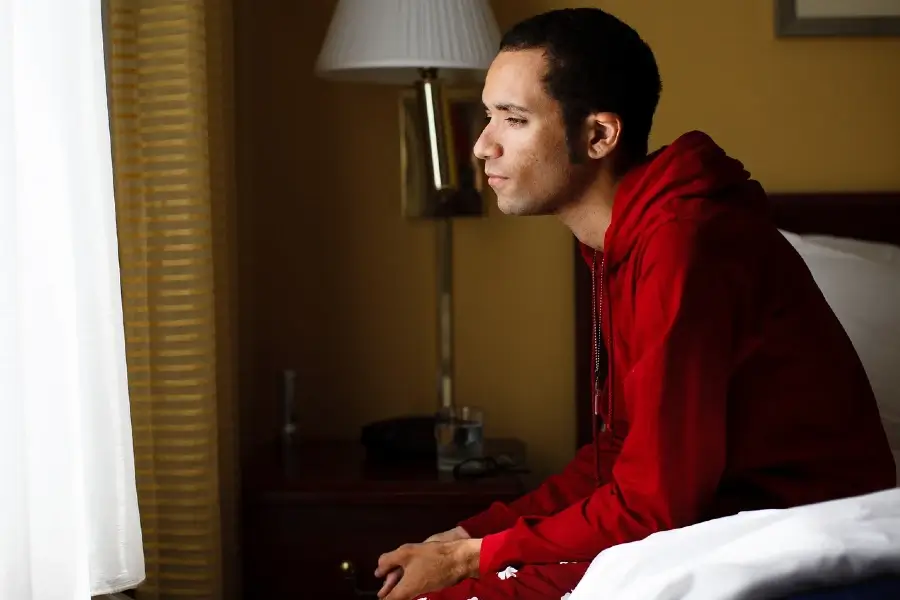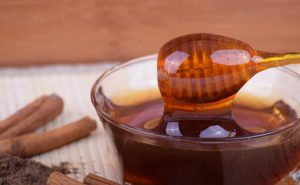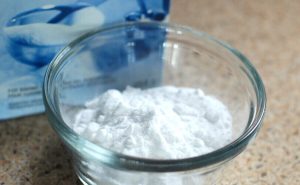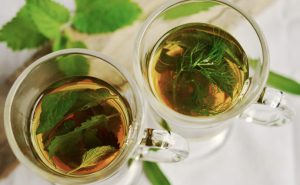The Best Natural Solutions for Sleep Disorders
Sleep apnea and other sleep disorders affect millions of people around the world. These issues may make it difficult to fall asleep, keep you sleeping, or even prevent you from breathing normally while you sleep. Although numerous pharmacological options exist, many people prefer to start with natural remedies. Many people who suffer from sleep apnea or other sleep disorders prefer to use herbal remedies because they are all-natural.
Supplements, tinctures, and teas containing valerian root
Valerian root is a popular herbal treatment for insomnia. People have long used valerian root for its calming effects and to improve the quality of their sleep. Raising GABA levels in the brain is the key to its sedative and sleep-inducing properties. Supplements, tinctures, and teas containing valerian root are all available.
Chamomile is another popular herbal treatment for insomnia. Many people find that chamomile, a mild herb with soothing properties, helps them relax and cope with anxiety. Benzodiazepines are a type of medication used to treat anxiety and sleep disorders. It contains molecules that interact with the same receptors as these drugs. Chamomile is an excellent herb to consume as a drink or supplement.
Another herbal medicine that has been shown to improve sleep quality is lavender. When inhaled, lavender’s soothing aroma helps relieve tension and anxiety. Diffusing lavender essential oil or adding it to a bath is one way to help you relax before bedtime.
A Rise in GABA levels in the brain
Passionflower, a climbing vine, has long been used to treat sleeplessness and anxiety. One possible mechanism of action is a rise in GABA levels in the brain. Although studies on passionflower’s effects on sleep have yielded conflicting results, some have shown promise in helping certain people sleep better.
Keep in mind that there is no foolproof way to treat sleep disorders with natural remedies. If you’re having trouble sleeping, you should see a doctor to rule out serious health issues. Because there is a risk of herb-drug interactions, you should consult your doctor before starting any herbal treatment.
Aside from these herbs, several other herbal therapies can help with sleep apnea. For example, eucalyptus oil is extremely effective. One of the leading causes of sleep apnea is airway inflammation; however, eucalyptus oil’s anti-inflammatory properties may help alleviate this condition. Before going to bed, try inhaling it or applying it to your throat and chest.
Peppermint oil is another natural treatment for sleep apnea
Peppermint oil is another natural treatment for sleep apnea. Peppermint oil’s calming effects help to reduce inflammation and open blocked airways. Before going to bed, try inhaling it or soaking it in a warm bath.
Finally, several herbal therapies can benefit people suffering from sleep apnea or other sleep disorders. These therapies provide an all-natural alternative to pharmaceuticals, although they may not be effective for everyone. Before beginning treatment with a new herbal cure, consult a healthcare professional to ensure it is safe and appropriate for your specific needs.
Valerian root is the most popular natural treatment for sleeplessness
Valerian root is the most popular natural treatment for sleeplessness. Theoretically, it increases GABA levels, a neurotransmitter that promotes calmness. Valerian root has shown promise in improving sleep quality, particularly among older people.
Chamomile, a flowering herb, has been a sedative and sleep aid for many years. Some believe it works by calming the central nervous system moderately. Chamomile can be found in capsule and extract form, but tea is the most popular form.
Lavender, an aromatic blooming herb, is known for its soothing effects. Diffuse or apply lavender oil to help you relax and sleep well. Research suggests that lavender oil may help anxious people sleep better.













